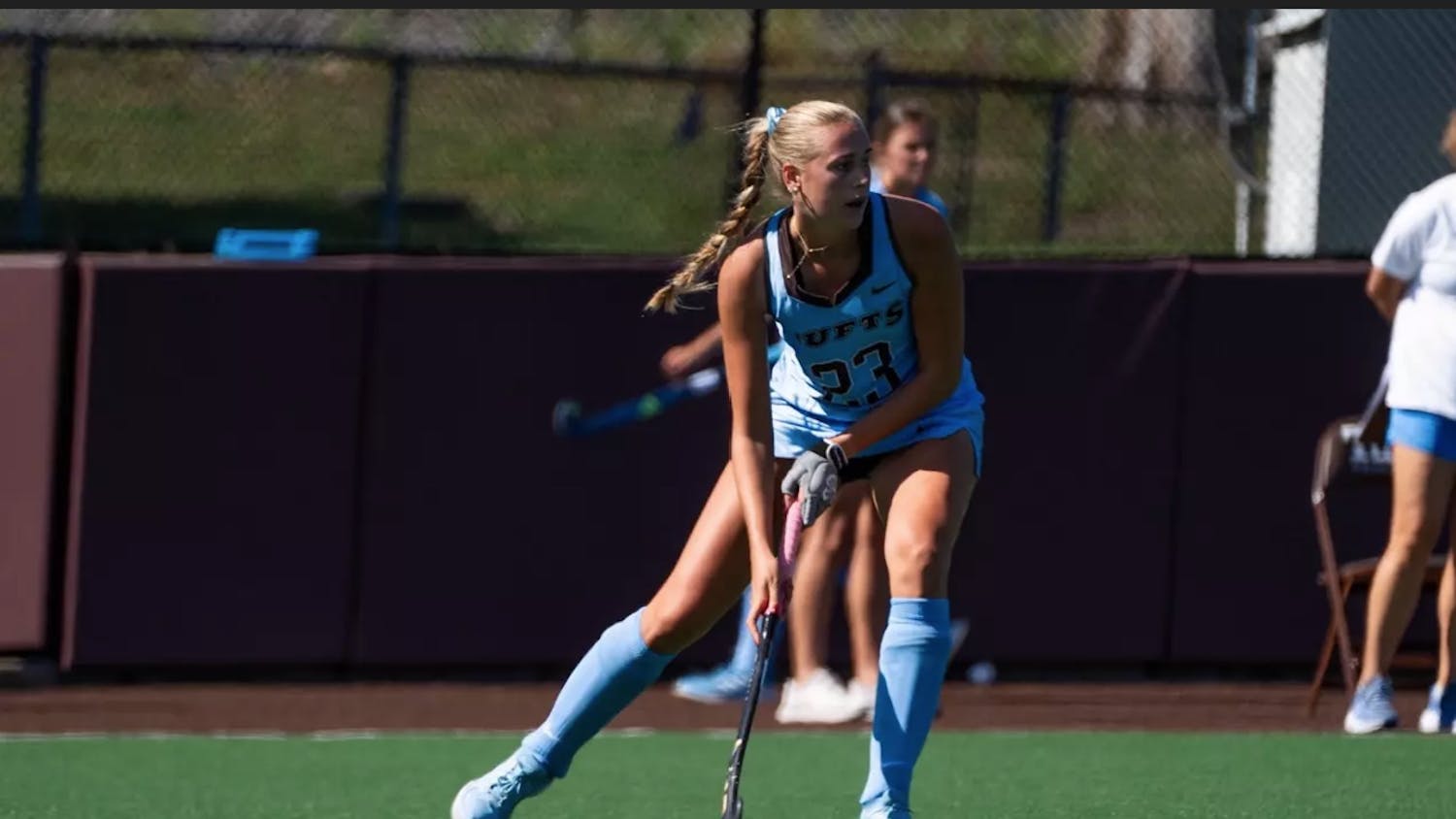Denis Savard had to know his days as coach of the Chicago Blackhawks were numbered.
Still, five games into the season seemed a bit abrupt. The Hall of Fame ex-center had led the young Hawks to their first taste of success, as they racked up 88 points last season and were in contention for a postseason berth until the last week of the season.
Despite the bright future in Chicago, Savard was handed his walking papers and replaced by former Colorado Avalanche coach Joel Quenneville, who had been hired in the offseason as a scout. Quenneville was let go following Colorado's early postseason exit in 2008. It's a big step down from a coach to a scout, and that, coupled with Savard's non-extension, was the biggest indicator that a shakeup was on the way.
The writing was on the wall for Savard for a number of reasons. Even though he had expressed a desire to stay with the Blackhawks beyond his current contract, which was to expire at the end of the season, management was unreceptive to his desires.
Additionally, the Hawks hired legendary former coach Scotty Bowman to be their senior advisor for hockey operations. Bowman was recently in line to get the rebuilding job of the century as the president of Maple Leaf Sports and Entertainment Ltd., but instead he landed in the Blackhawks organization with a nebulously defined position. Bowman was clearly hired to clean house and reform the Hawks management after years of misuse, disuse and abuse under former owner William Wordsworth Wirtz.
The main question is timing when considering the Savard firing. Stakes were much higher this season for the Hawks, with a pair of high-profile free-agent signings in goaltender Cristobal Huet and defenseman Brian Campbell. But high stakes don't transform a trigger-happy finger into a good business decision. It seems silly to allow Savard to run the entire training camp and the first several games of the season, only to fire him within the first two weeks of regular season play.
The knock on Savard from the Blackhawks front office was his lack of emphasis on team defense. As a player, Savard was known for his small stature, excellent hands and phenomenal skating, though he was not much of a two-way forward. Quenneville, on the other hand, was regarded as a defensive coach, though nobody who saw his recent Avalanche teams would be too quick to label him as such. In the press conference announcing Savard's replacement -- at which Bowman was conspicuously present -- Blackhawks general manager Dale Tallon expressed his desire to go with a veteran coach now that the Hawks appear to have entered their post-rebuilding phase.
This is not the first questionable decision Tallon has made this season. His choice to open the owner's pocketbook and throw $5.6 million at Huet over the next four years also deserves scrutiny. Tallon already had a goaltender in Nikolai Khabibulin, who was still a reasonable No. 1 goaltender despite his older years. Khabibulin also commands the princely sum of $6.25 million per season under his current contract, which is set to expire at the end of 2008-09.
There were two obvious solutions to this problem. If Tallon was just trying to challenge Khabibulin in an effort to get him to play better, then there were a number of other NHL keepers available on the cheap end of the cost spectrum to provide competition. Marc Denis, Andrew Raycroft, Alex Auld and Ray Emery may all be mediocre, but they would have caused a little more consternation than Patrick Lalime did.
If Tallon had wanted to get rid of Khabibulin and was in favor of Huet as the Hawks' No. 1 guy of the future, he should have waived, traded, released or torn down the Bulin Wall. Instead, Tallon essentially sat on his hands and refused to recognize Khabibulin's contract as a sunk cost. The double-No. 1 goaltenders situation persisted throughout training camp and into the start of the season, leaving players, the goalies and Savard full of uncertainty.
Uncertainty in camp is always expected, but unnecessary uncertainty is a distraction from the real work at hand. Tallon's refusal to fish or cut bait with the mess that he made did not make the situation any easier for his coach.
The season is long and Savard had a real chance to turn it around and win with a young team that he had coached through the good and the bad, except that Tallon had already decided to cut the cord.
The team he has assembled is a good one and should make the postseason. But it would have done so with either Quenneville or Savard behind the bench.





